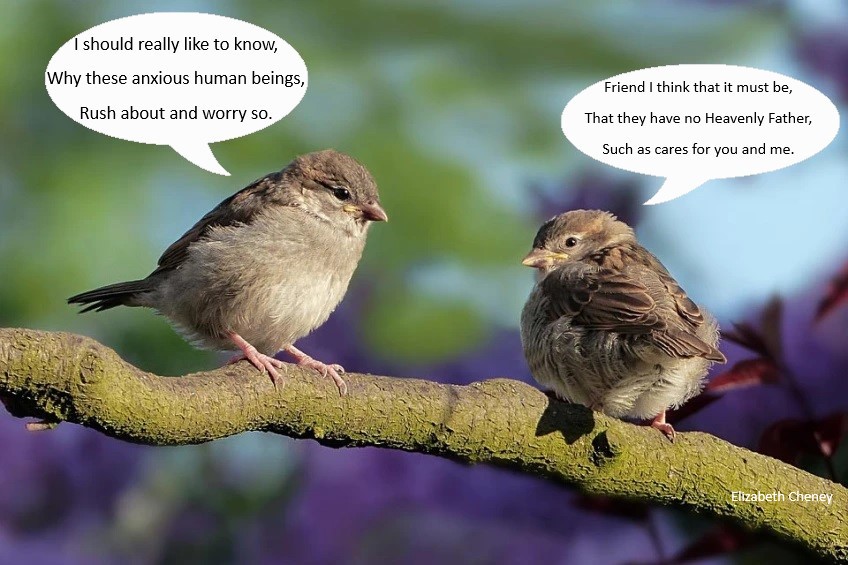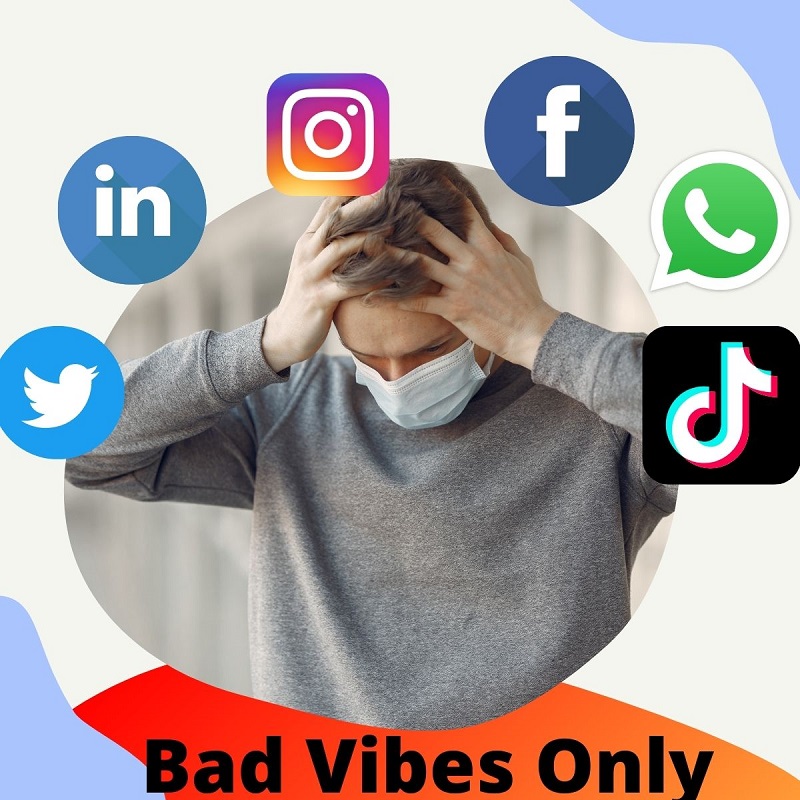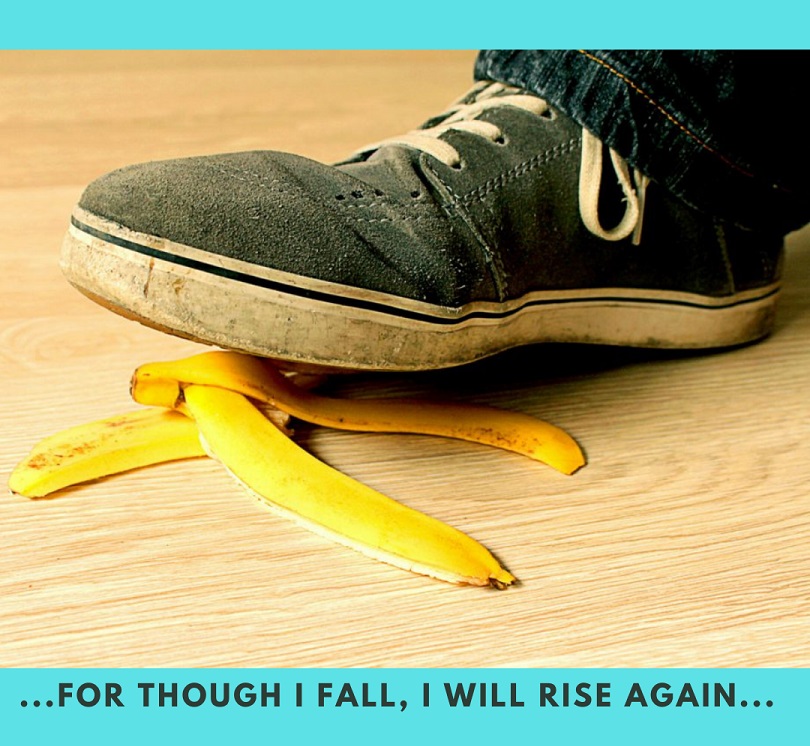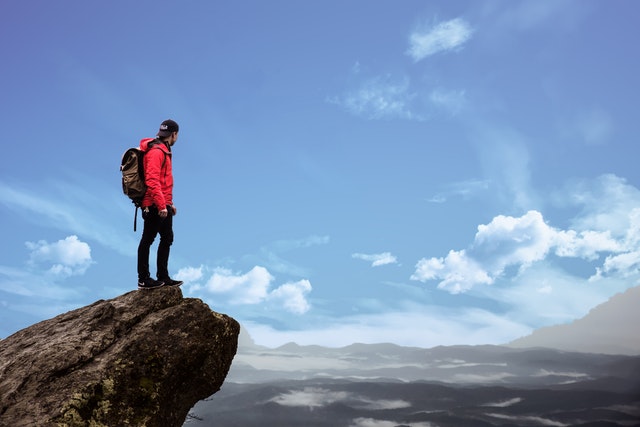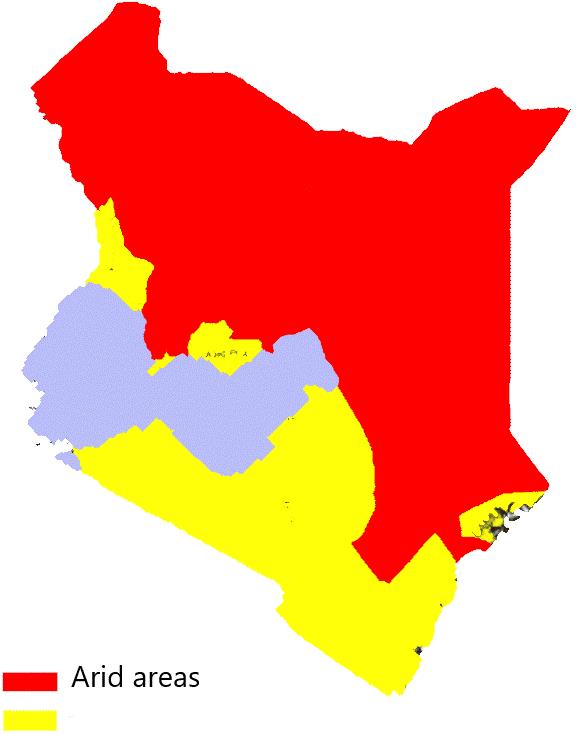
I suspect that I have already grown up, so the question of what I want to be when I grow up is null and void. But this is one of the questions that reveals ambition and big dreams in kids. They are full of enthusiasm and zero cares in the world. Even for teens, life is just a bliss. And then they grow up.
In a short time, there are bills to pay, health to maintain, responsibilities to meet, social ladder to climb, status to build or preserve, or battles to fight or avoid. So many things rob one the ambitions and the great outlook that one had when they were young. Life becomes about trying to get bad situations not become worse.
The environment never helps because you are forced to act your age.
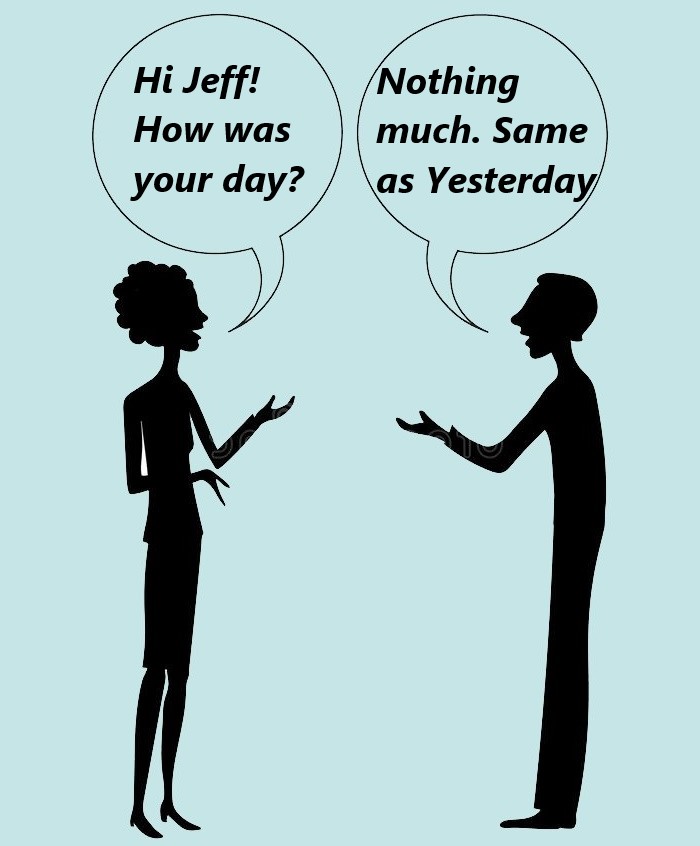
Lost Joy
There are rules and expectations for life. You have to act in a certain way in order to maintain your seat at the table of sane people.
Executives in suits and ties wish they could openly lick an ice-cream without losing their status. Others want to enjoy a bouncy castle but their status cannot allow them. Boring routine becomes the norm, and life is lived in between paychecks. Soon, you are planning for retirement, and starting a business that will most likely fail. You are watching what you eat because the doctor says that you might not live long. You no longer take risks because you might end up losing your kids school fees.
So many little sources of joy are no longer available for those who grow up. Life takes a gloomy approach. That is the cost of growing up.
Benjamin Franklin said it, that some people die at age 25 and aren’t buried until 75. How true!
People lose all the good aspects of life. They are too tired to jump in excitement. They are too rigid to laugh at a simple joke. They are trying to act their age, yet there is no code of conduct prescribed by the constitution for each age.
Before they realize it, they are gone.
What a waste of life!
Learn from Kids
Maybe we should learn from kids. They are the epitome of happiness. Children find joy in little things – real joys. On the contrary, adults are always on a state of trying to survive.
Adults base their happiness on how well they are doing relative to other people around them, and thus feel bad when others do better than them. It is better to be paid 25 units when all other colleagues are being paid 20 units each, than to be paid 30 units when all your colleagues are being paid 35 units.
Kids rarely care what other people think of them. Adults are very much driven by what people think about them. They spend all their money trying to impress people who do not give a damn about who they are. They are always trying to impress internet strangers.
Kids are not afraid to cry when the world hurts. Adults must carefully conceal their feelings because the board cannot tolerate crybabies. Then they go ahead and commit suicide.
Kids do not hold grudges forever. Adults are trying to settle old scores from World War Zero.
Kids are not usually paralyzed by indecisiveness. They move forward with the available option. They are optimistic about life. They seek new experiences.
Yet, kids are happy, and achieve a lot. If you think learning to walk is a simple task, the best engineers the world has to offer have spent so many years trying to get robots to walk. AI can not match the natural intelligence of babies. Try learning a new language and you will realize that kids actually achieve a huge milestone.
Do not die young and spend all your life as a living dead.
